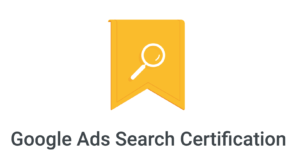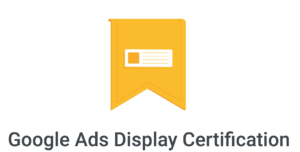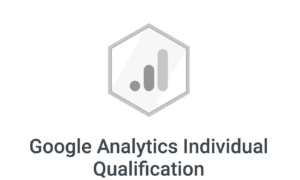The meta keyword tag includes a list of keywords or phrases, separated by commas that represent the subject matter of a particular web page. In the early 1990’s the less sophisticated algorithms of the search engines used the keyword tags to rank sites. Eventually everyone figured this out and exploited the system to try and […]
Optimizing for Multiple Pages
Many people think they only have to optimize for driving traffic to their home page. You should optimize for all major subject pages. Some companies optimize for every single page of their website and some companies optimize for every single product they sell. For example, Home Depot has the word “hammer” optimized so that when […]
Non-HTML Document Optimization
Search Engines index non-HTML documents like Adobe Portable Document Format (PDF), Microsoft Word, Microsoft Excel, Microsoft Powerpoint, and Rich Text Format (RTF.) You can either not have the documents on your site or you can optimize them. If you choose to optimize these non-HTML file formats, treat them just like they are another page on […]
Multiple Browser Optimization
People use different browsers, different versions of browsers, different computers, and different screen sizes. At the very least, you should optimize your site for multiple browsers. Web browsers do not read HTML code in the same way. You need to make sure that multiple browsers like Firefox, Netscape, Mozilla, Safari and Microsoft’s Internet Explorer are […]
Latent Semantic Indexing
Latent semantic indexing was originally used in Adsense to make sure that the Adsense ads landed on pages that had a similar themes to the ads. The search engine algorithm checks the wording on the page and determines the theme of the page. It was only later that Google applied the algorithms to search engine […]
Landing Page Optimization
To date, the most effective, impressive SEO strategy is to create a separate page with 300 to 500 words of content for each keyword phrase. For some companies, this could mean adding hundreds of pages specifically for the keywords. For example, if you own an office supply store with 800 different products, you might create […]
Keyword Ranking Report
Keyword Ranking Reports are generated by software your web developer or SEO company should have or have access to. When you begin to optimize your website, you will choose a set of keywords. The very first keyword ranking report you receive will have a list of these keywords , how many pages the keywords are […]
Keyword Density
Keyword Density refers to the number of times keywords appear in the content of a page. Keyword density used to be more important to the search engines. However, since keyword density is easy to manipulate, the search engines are now more interested in well written original content. Even so, you should make sure you have […]
Introduction to Internal Optimization
In order for you to have a successful Internet marketing campaign, there are some basic technical on-site or internal procedures you will need to perform. You will need to do these tasks so that when the search engine robots come to visit your website, they will be able to determine how relevant your pages are […]
Finding the Right Web Hosting Company
The Web hosting company you choose has a lot to do with how many visitors you plan on “serving” (pun intended) and whether or not you have robust functionality on your website. For example if you are an informational website and you do not have a shopping cart, your hosting needs should be met with […]



